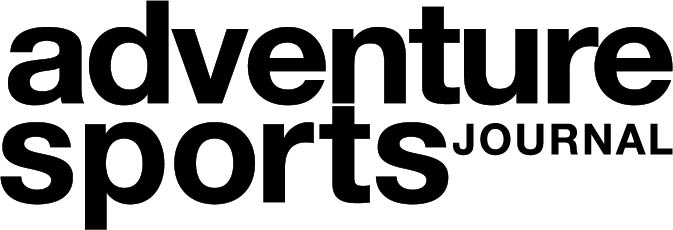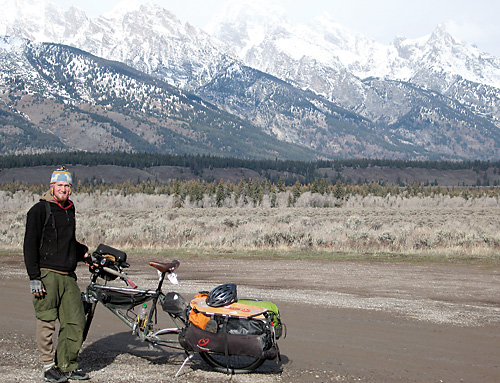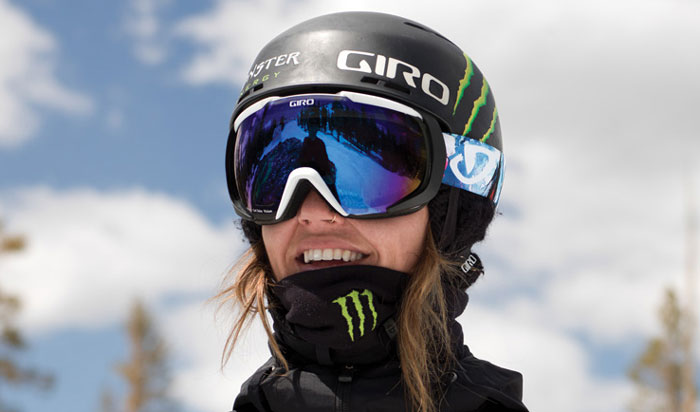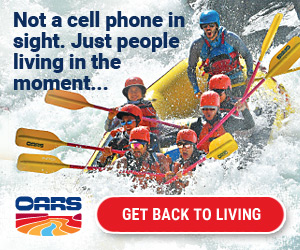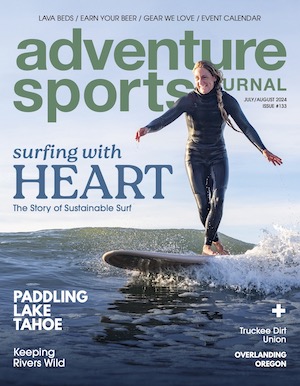- California Enduro Series Announces 2024 Schedule - 11/19/2023
- ASHLAND MOUNTAIN CHALLENGE 2023 – CES RACE REPORT - 10/04/2023
- China Peak Enduro 2023 – CES Race Report - 09/04/2023
Athletic perspectives on being vegan
By Julie Kanagy
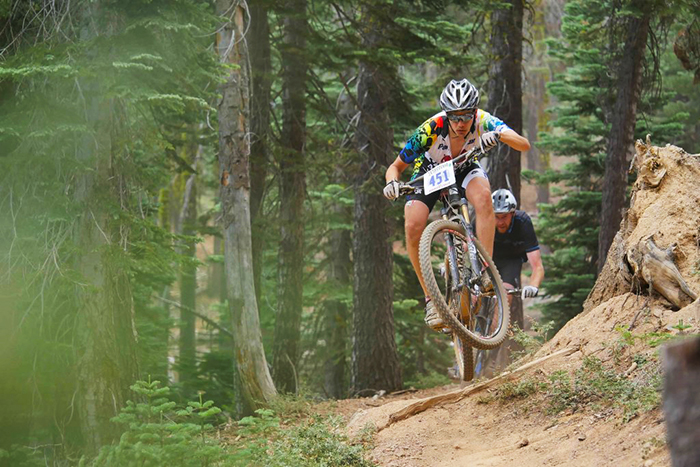
Hyland Fisher on the Downieville Classic course (Contributed).
BEING VEGAN: While the Paleo diet is all the rage for athletes, we rarely hear the perspectives of vegan athletes. In fact, there’s often confusion about exactly what it means to be vegan, so let’s clear that up first. Eating vegan means adhering to a diet that consists 100% of plant foods. This means no eggs, no dairy, and of course no flesh of any animal.
Take a look around and you will find many athletes who not only survive, but thrive without consuming animal products. One such athlete is Rich Roll who chronicled his story of personal struggle, self-understanding, and redemption in his book Finding Ultra. As an amateur self-supported athlete, Roll came out of nowhere to place 11th in the 2008 Ultraman World Championships, and came back to place sixth in 2009. He also completed five Ironmans on five Hawaiian islands in seven days. Astoundingly, he accomplished these feats as a vegan in his 40s. Currently he hosts a popular podcast in which he converses with an all-star roster of athletes as well as inspirational “everyman” types.
Finding Ultra has inspired many an athlete to pursue a vegan diet. One program for making a successful transition to a plant-based diet is Colleen Patrick-Goudreau’s 30-Day Vegan Challenge. A recognized expert on the culinary, social, ethical, and practical aspects of the vegan lifestyle, Patrick-Goudreau provides the resources and tools to shed old habits and experience an array of lasting benefits.
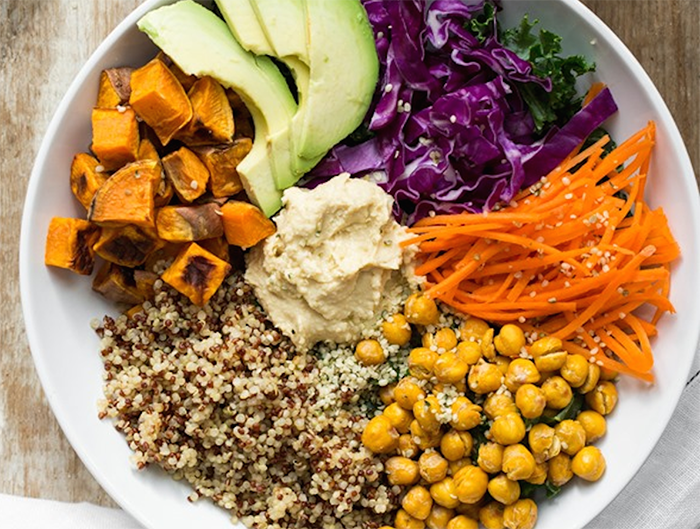
An array of delicious vegan fare.
Many people assume animal foods are necessary for nutrition, and are surprised to find it’s possible to be in excellent health while on a vegan diet. So, if nutrition isn’t an issue, the only other reason for consuming animal foods is taste and cravings born of habit. To many, these are absurdly trivial reasons weighed against the fact that animal agriculture is the leading cause of global warming (contributing more than even transportation), ocean dead zones, Amazon rainforest destruction, and mass species extinction. Additionally, a meat-based diet is implicated in several types of cancer, type-2 diabetes, osteoporosis, and heart disease.
One of the biggest concerns about a vegan diet revolves around protein. Vegans are often asked how they get their protein, as it’s generally believed protein is only found in animal products. Protein is actually not a problem at all on a vegan diet as long as you eat a variety of foods. Plant foods which are high in protein include legumes, whole grains such as quinoa or amaranth, peas and lentils, organic soy products, nuts, seeds, and even greens such as kale and broccoli. Enjoy combinations of these foods at any time of the day and they cover all of the essential amino acids.
Similarly, because B12 is found naturally only in animal foods, there is unsubstantiated concern about deficiency in that as well. However, reliable sources of B12 for vegans exist in fortified plant-based milks, soy products, cereals, and supplements.
Another concern is that soy – a staple in most vegan diets – can raise the risk of hormone-related cancers because soy contains estrogen-like compounds. According to the American Institute for Cancer Research, evidence shows this to be false. The irony of the “soy scare” is that dairy contains real estrogen and other known cancer-forming compounds such as insulin-like growth factor (IGF) and their binding proteins, which are shown in multiple studies to have a positive correlation with prostate cancer. IGFs and estrogen together are in fact a potent formula for the development of gynecomastia, the excessive development of the male breast tissue. Research has also found that “unbound” IGF levels are lower in vegans than in both meat-eaters and vegetarians.
Following are Q&As with two impressive vegan athletes. Perhaps their stories will inspire you to explore a vegan diet, too – for your own health and that of our planet, as well as the welfare of countless animals.
Hyland Fisher
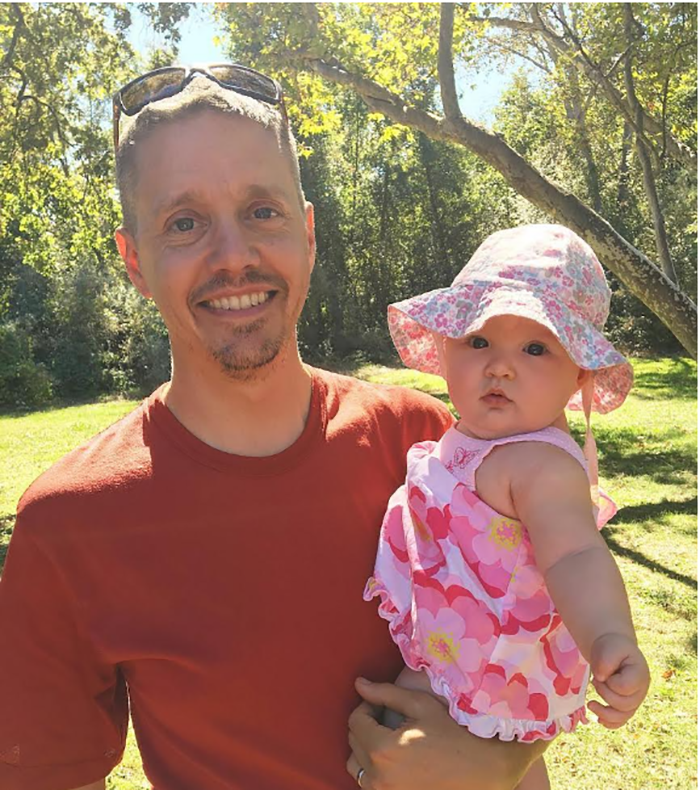
The newest Vegan Athlete racing team member, Edith Fisher (Erin Fisher).
Over several years of racing the Boggs 8-Hour mountain bike race in Cobb, I noticed one racer making the rounds on the ten-mile circuit in “Vegan Athlete Racing” kit and I thought, “Wow, that’s cool.” Eventually, I came to know him through social media. His name is Hyland Fisher, and he has been vegan for 21 years.
I recently caught up with Hyland by phone and he gave me a glimpse into his own journey to veganism.
Q: What prompted your veganism?
A: When I lived in New Mexico I had a close friend who was vegan. I went to a vegan Thanksgiving once, which was just awful. I mean it was so bad back then. The homemade vegan egg-nog really killed it for me. The vegan option had been on my mind for a while before I made the switch. It finally started to make sense to me after I began to exercise more. I started to listen to my body and found I could not stomach meat or cheese anymore. It took me a while to let go of the baked goods, though.
Q: How did the Vegan Athlete team come about?
A: I’d been racing bikes since 2001. While employed at a bike shop in Grass Valley, I began managing the shop race team and developed relationships with Santa Cruz Bicycles, Ergon, Panaracer, and Stans No Tubes. After managing a team for a while and leaving Grass Valley, I became independent and open to starting something new. While racing I had been repping the plant-based race team called Organic Athlete. They were great, but the founder left to go back to school and it changed direction, lost steam. I wanted to create something new and it had to have personal meaning. I wanted to create a community. I had no trouble keeping sponsors from my previous team on board. Although they were not necessarily vegans, they liked the idea of a grassroots racer who had a message. And so, Vegan Athlete Racing was born.
Q: What’s the general reaction to your Vegan Athlete kit?
A: It has been great to race in the team kit and let my competitors know they were just crushed by a vegan. Sometimes I get heckled, but usually it is by people I know. Mostly, people come up to me and are like, “So, you’re a vegan? How long? 21 years? Wow!” It’s a great conversation starter, and most of the response has been positive.
Q: The Vegan Athlete Racing team is growing. Tell us about the rest of the team.
A: Up until this year we were five people, and since my wife and I decided to have a baby, I decided to expand the team. We now have 15 racers from other endurance sports besides mountain biking. We have a Spartan racer, a couple of triathletes, and some ultra-distance runners. They are all over the US, with some in the West, and a couple in the Southeast. We also have a team member in Belgium. Pros are great, but I try to find people who are relatable, who you can approach without feeling nervous.
Check out what Vegan Athlete Racing is up to on Instagram (veganathleteracing) and Facebook (VEGANATHLETERacing).
Clair Marie
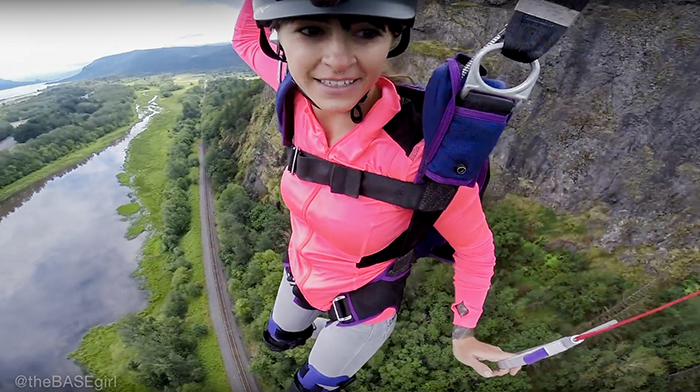
An under canopy selfie (Clair Marie).
If you race the California Enduro Series, you might run into a petite, fearless, tattooed woman who is racing more formidably every year. Her name is Clair Marie and she is a vegan. She also just happens to have twelve years experience as a BASE jumper, rock climber, skydiver, and model. Clair shared her insights on being vegan.
Q: What inspired your journey to veganism?
A: I was introduced to a plant-based diet by my fiancé when we met three years ago. Alex casually mentioned that he was vegan one of the first times we hung out and my response was a typical “Ha … I could NEVER be vegan.” Why I had that reaction I still don’t know. It probably has something to do with the social stigma surrounding vegans. The general public thinks vegans have the most bland, boring, and unhealthy diet.
After my initial response, I asked Alex why he went vegan. His response was short and to the point: “Mainly for the environment and because I love animals.” He had been vegan for 18 years at that point. I never thought about environmental impact, so I spent the next several weeks diving into all the research I could find on the social and environmental impact of animal agricultural and the entire industry.
Q: And what did you find when you started digging in?
A: I was shocked and horrified about the true cost of eating animals – not just because of the way that animals are treated, but also the incredibly shocking statistics about greenhouse gas production, growing food for our food (think of how many more people we could feed if we just grew food for us!), and destruction required to create more land for that food growth. I was outraged that I hadn’t been educated about these facts and felt ashamed for not looking into the issue earlier in my life. At that point there was no way I could go back to consuming animal products and feel all right with myself as a person.
Q: How did your new diet align with being an athlete?
A: Since everything on the internet says to eat a balanced diet (which includes a lot of animal products), I had always assumed that there was no way a vegan diet could be healthy. I was equally as shocked and pleasantly surprised with my findings of how following a plant based diet had the potential to actually support me more as an athlete than before. And in fact, it would be incredibly easy to follow a healthy and balanced diet while being vegan.
Since becoming vegan I have experienced notable differences, mainly in my energy level and recovery time from physical activities. I used to struggle with pushing myself physically because I always had such low energy. When I did push myself I would be out of commission for days following an intense training session. Since going vegan I have way more energy than I did before and I recover at a very reasonable rate. I’ve also noticed I have an easier time building muscle and trimming up, and I’m much less bloated which is a huge bonus for me. The changes have been life-changing and I’m embarrassed that I struggled for so many years without questioning the animal products in my diet.
Q: Do you have any advice for people looking to adopt a vegan lifestyle?
A: Adopting a plant-based diet is so much simpler in our day and age. Ten years ago you basically had to become a nutritionist to figure out what to eat, but today there are vegan substitutes for basically anything on the market. The biggest thing is to just commit the first few weeks to learning about all of the substitutes for cooking and baking.
I would also say to have a thick skin. There are many who will question your dietary changes as I questioned my fiancé when we first met. Be patient and when people ask where you get your protein, inform them that it is a specific chain of amino acids you can form from eating multiple different foods to create a complete protein.
Learn more about Clair Marie at basegirl.com and follow her on Facebook and Instagram (thebasegirl).
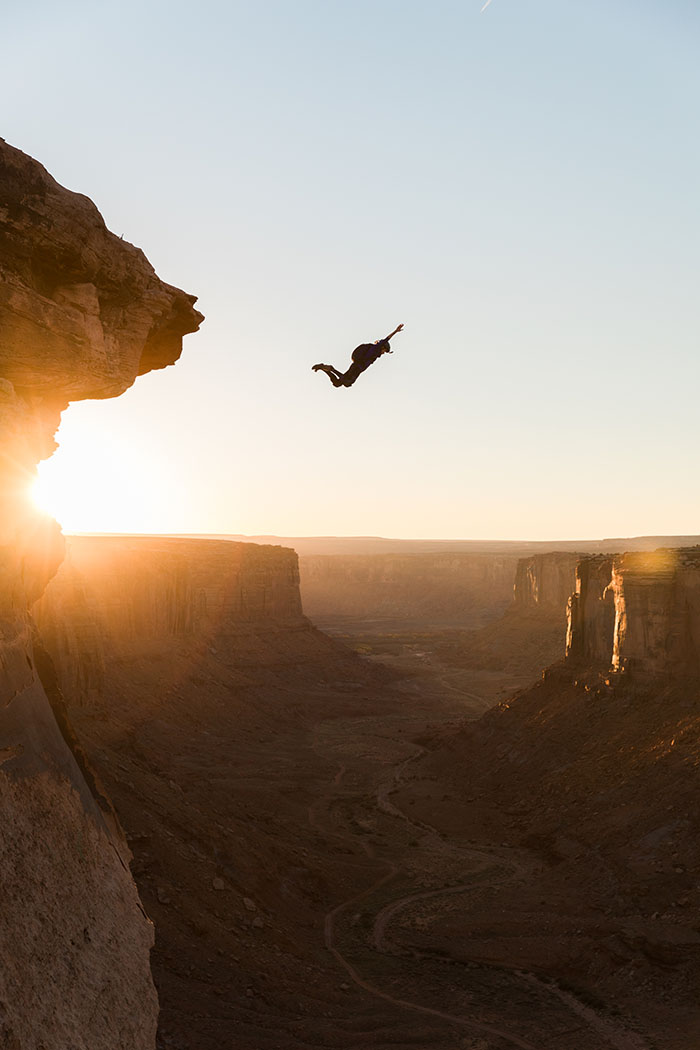
Base jump sunset in Moab, UT (Abbi Hearne).
Julie Kanagy is an amateur mountain bike racer from Felton who was inspired to adopt a vegan diet after reading Rich Roll’s Finding Ultra several years ago. Follow Julie on Instagram (@shredchic).
